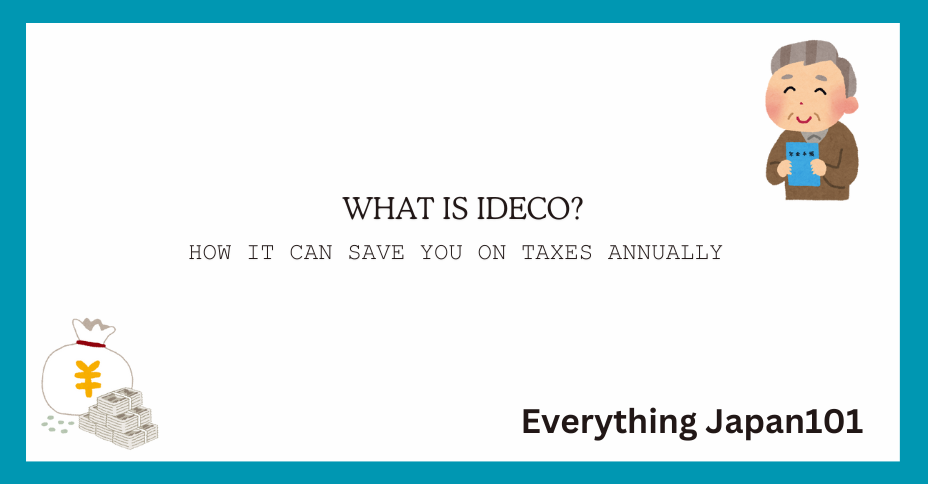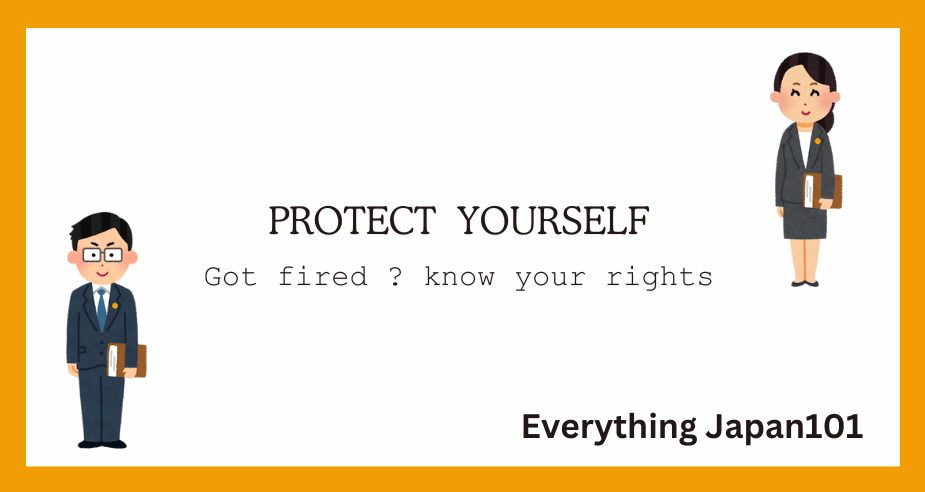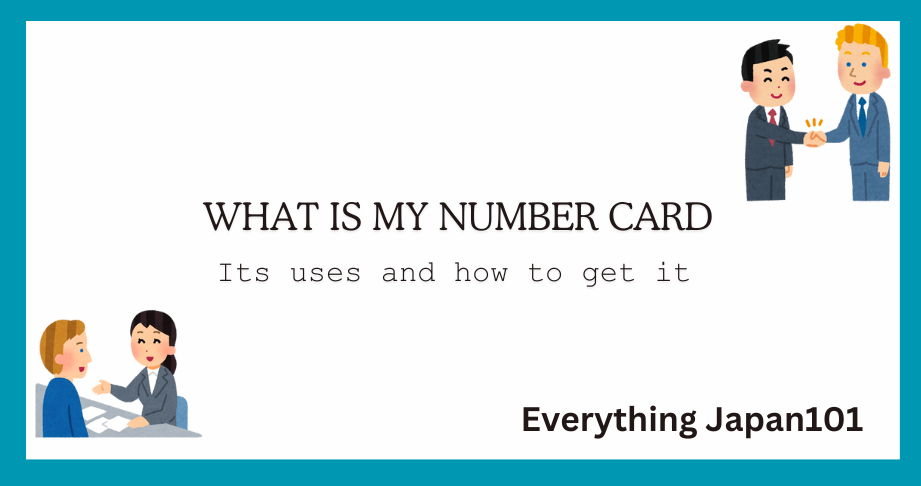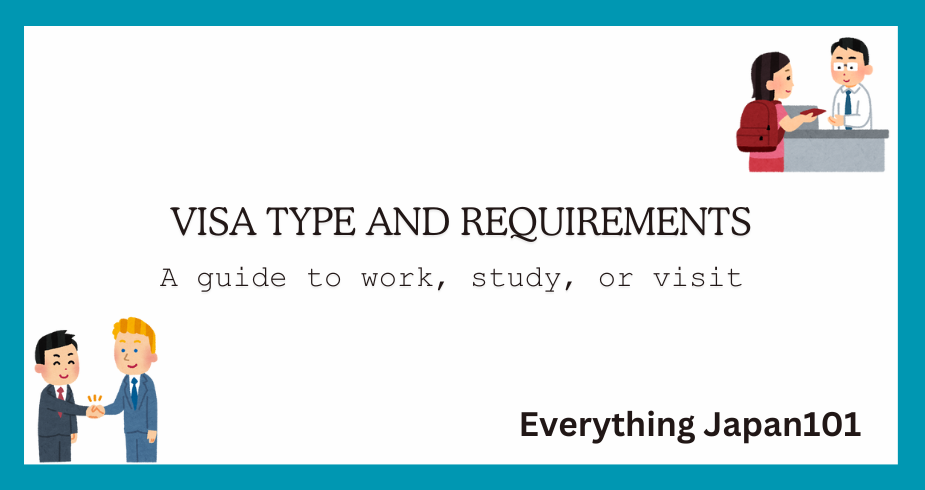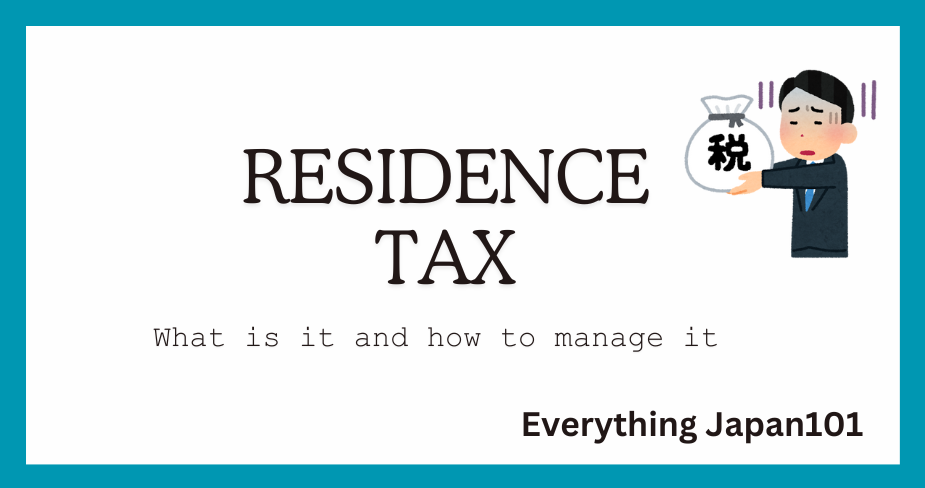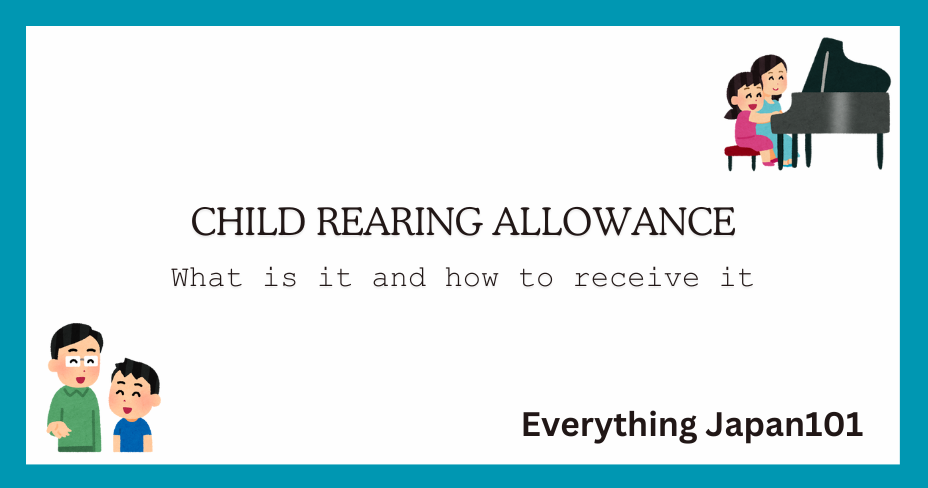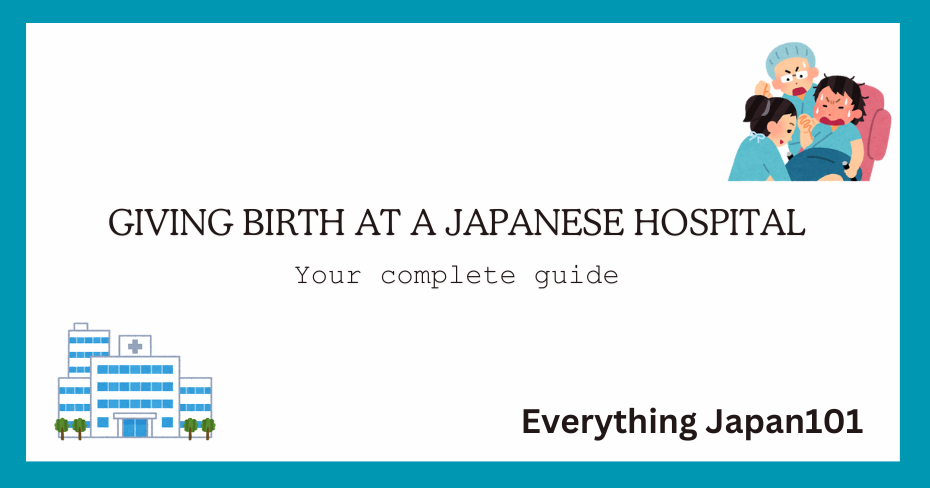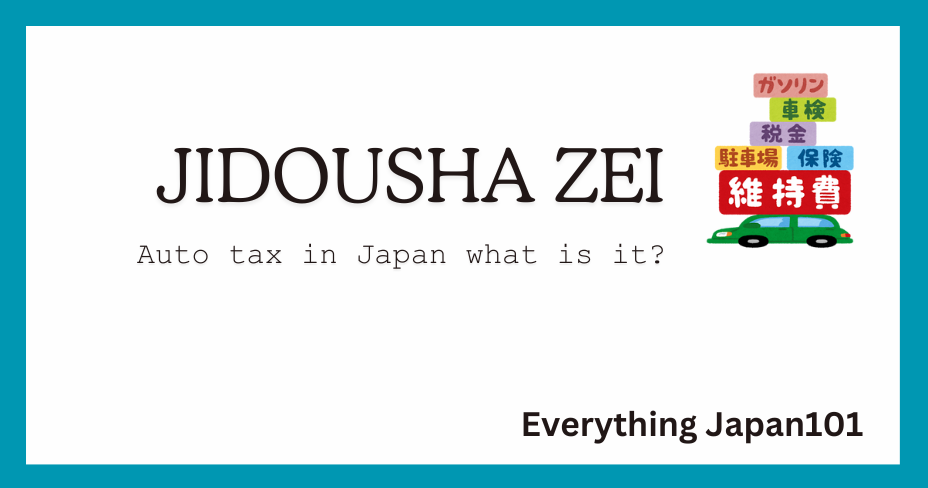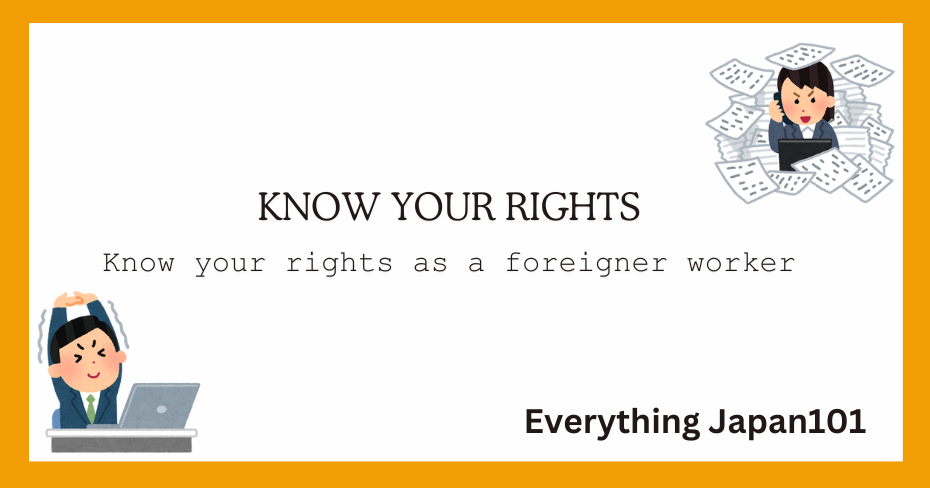Public Housing in Japan: Guide to 公営住宅 (Kōei Jūtaku)
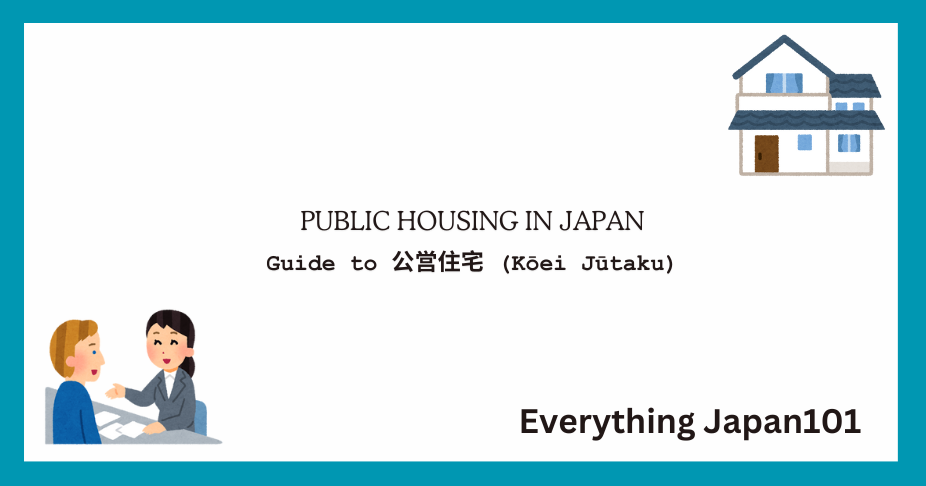
Living in Japan can be expensive, especially in urban areas. However, the Japanese government provides Public Housing assistance programs in Japan to make life more affordable. This guide explains the income limits, application process, benefits, and what to expect as a foreign resident.
What Is Public Housing in Japan

Public Housing, or kōei jūtaku (公営住宅), refers to low-cost housing provided by local municipalities or prefectures. These apartments are designed to support low-income families, elderly residents, and individuals facing financial difficulties.
Who Is Eligible?
| Requirement | Details |
|---|---|
| Income Threshold | Applicants must meet specific income limits set by the local government. Eligibility often targets low-income households. The exact threshold varies by region and family size. |
| Residency Status | Applicants must have legal residency in Japan (e.g., permanent residents, long-term visa holders). Foreign residents are eligible. |
| Age | Must be at least 18 years old (or the legal age in Japan) to apply. Some housing may prioritize elderly applicants. |
| Household Size | The number of people in the household should match the size of the housing unit being applied for. Overcrowding is not permitted. |
| No Property Ownership | Applicants must not own other properties or homes in Japan. Public housing is meant for those without alternative housing options. |
| No Rent Delinquencies | Applicants should not have a history of failing to pay rent in previous public housing or government-subsidized units. |
| Special Priority Groups | Some public housing units prioritize specific groups, such as single-parent households, elderly individuals, or people with disabilities. |
| Application Timing | Applications are usually accepted during specific periods set by local governments. These periods vary by region. |
| Documentation | Proof of income, residency, identification, and other documents (such as a certificate of no property ownership) must be submitted. |
How to Apply for Government Housing
- Locate Your Local Housing Office
- Visit your city or ward office and ask about public housing (kōei jūtaku).
- Check the application deadlines, as these are often seasonal and vary by region.
- Check Eligibility
- Confirm you meet the income and residency requirements.
- Some offices may provide consultations to help determine eligibility.
- Prepare Required Documents
Gather the following paperwork:- Residence card (zairyū card)
- Proof of income (e.g., tax certificates, gensen chōshū hyō)
- Family register (koseki tōhon) or equivalent proof for foreign residents
- Proof of address (e.g., utility bills or residence certificate)
- Complete and Submit Your Application
- Applications are typically submitted in person.
- Staff at the housing office may assist you in completing the forms.
Benefits of Government Housing
- Affordable Rent: Rent is much lower than private apartments and adjusts based on your income.
- Community Resources: Easy access to schools, parks, and public services.
- Stable Living Environment: Apartments are well-maintained and meet safety standards.
What to Expect Living in Government Housing
- Basic Amenities: Apartments are simple, often smaller than private rentals.
- Strict Rules: Guidelines on noise, trash disposal, and communal space usage must be followed.
- Regular Reviews: Housing offices may conduct checks to verify ongoing eligibility.
Questions and Answers
- Q1: Can foreigners apply for government housing in Japan?
-
A1: Yes, foreigners with a valid residence card and long-term visa are eligible to apply for government housing, provided they meet the income and residency requirements.
- Q2: How long does the application process take?
-
A2: The process duration depends on the municipality and demand. After submitting an application, results from the lottery process may take weeks to months.
- Q3: Can I choose the location of my apartment?
-
A3: You can indicate your preferred municipality or area, but availability may limit your options.
- Q4: What happens if my income increases after moving in?
-
A4: Rent adjustments will be made annually based on your reported income. In some cases, you may need to vacate if your income exceeds the eligibility limit.
- Q5: Can single people apply, or is this only for families?
-
A5: Single applicants can apply, but families and elderly individuals often receive priority in the selection process.
- Q6: Do I need a guarantor to apply?
-
A6: This depends on the municipality, but some housing offices may require a guarantor or additional documentation.
Conclusion
Public Housing in Japan offers a cost-effective and secure living option for eligible residents, including foreigners. While the application process may seem daunting, the long-term benefits make it worth the effort.
